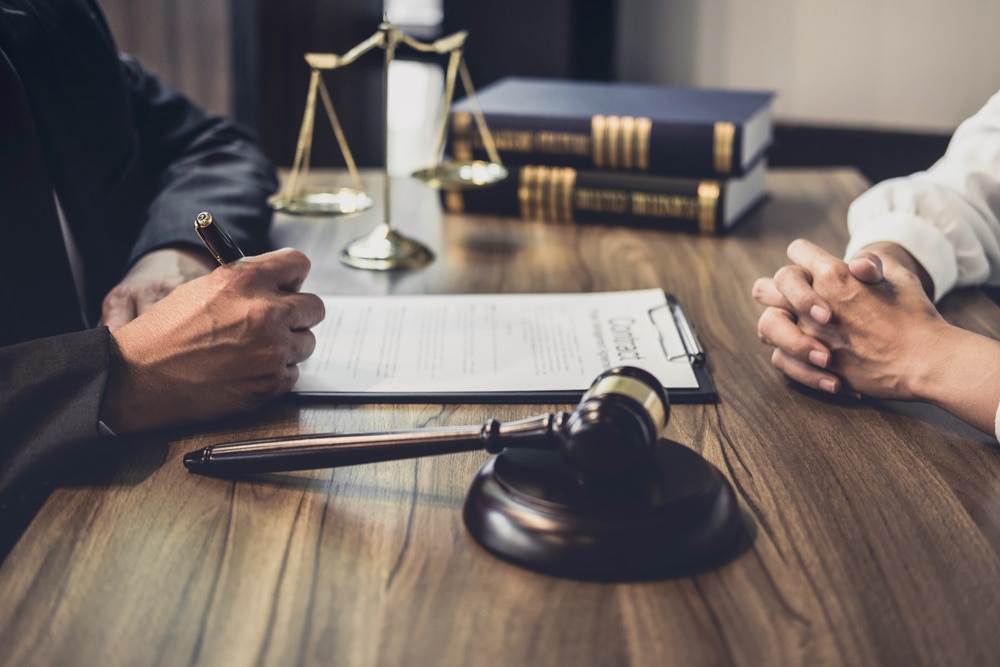Dental Malpractice and Negligence Facts
Good dental hygiene is important in eliminating many serious types of dental issues. It is not possible, however, to eliminate all problems, and some are serious enough to require dental surgery. Many dental practices exist in Chester County and surrounding areas, as shown on Yelp.
It is apparent that with so many in practice in the area, the residents of Chester County do care about their teeth and dental health. It is important to remember, though, that there is a differentiation between dentists and their practices. General dentists perform routine checkups, cleanings, X-rays, and even check for the first signs of mouth cancer.
Specialty dentists include cosmetic dentists, dental surgeons, and even orthodontists and are usually recommended by family dentists when problems become apparent. Every dentist has the same Duty of Care as a medical doctor, and dental malpractice or negligence can lead to severe and lasting consequences.
Sometimes dental surgeries and other procedures are a result of nature, as in the case of orthodontists, who straighten teeth. Other times, it is illness or injury which leads to specialty services. Medications can also cause dental problems by drying out an individual’s mouth.
Again, this does not relieve a dentist of the Duty of Care. Dentists must be licensed through the ADA (American Dental Association), and specialty dentistry requires extra training and licensing.
State licensing boards also vary, and just like physicians of any type, dentists must pass the state licensures to practice. Licensing can vary from state to state, and all dentists must meet all requirements.
Any issues that go undetected by any type of dentist, or worse, procedures that are performed that cause harm, can be subject to a medical malpractice or negligence claim.

Causes for Dental Malpractice or Negligence
Many causes can lead to a dental malpractice or negligence case. These can run concurrently and can involve both the initial practitioner or family dentist as well as the specialty dentist since it is a type of systemic negligence sometimes.
Substandard care can range from a family dentist making a wrongful referral to a surgeon to a Doctor of Dental Surgery (DDS) performing a procedure that results in additional harm to a patient. Two main types of dental malpractice are compensable.
- Overt acts
This is an intentional lack of Duty of Care and includes not having the proper equipment, not scheduling properly for procedures, or actually letting additional necessary training or licensing lapse. The penalties for overt acts are generally only determined in civil law. Proving this can be difficult, and usually, expert witnesses are needed.
- Acts of omission
These can be easier to prove. An example of this would be a surgery that is obviously “botched” or even a family dentist who, during a routine dental check-up, does not notice a suspicious-looking lump or swelling in a patient’s mouth. Abscesses and cancers can be overlooked when acts of omission occur, and delayed treatment can have serious consequences.
3 Reasons to Initiate a Dental Malpractice/Negligence Lawsuit
1. Tooth loss
If a condition exists and is overlooked or treatment is delayed tooth loss can occur. Losing one tooth might not be enough to question the standard of care, as dentistry is not perfect and unforeseen events happen with any intrusive procedures.
However, the loss of several teeth which will impair chewing abilities and exacerbate poor nutrition needs discussion with an attorney well-versed in this type of malpractice.
2. Cancer misdiagnosis
This is frightening even to think of as a cancer of the mouth and gums that can spread rather rapidly to the brain and other organs and is serious enough to warrant looking into a negligence lawsuit.
Treatment for any type of cancer is more effective the sooner it is started before it has metastasized. Overlooking mouth and gum cancer can lead to serious repercussions and even death.
3. Chronic pain
Also known as Trigeminal Neuralgia and Fothergill’s Disease, chronic pain occurs when the Trigeminal Nerve is disturbed and the myelin sheath surrounding a nerve is disrupted. This can happen in other situations besides dentistry but is quite common after mismanaged dental procedures.
The pain can be stabbing, shooting, or throbbing and disrupts daily activities since it is triggered by minor activities such as touching one’s face, or even brushing one’s teeth. Chewing is impaired many times, as is talking and speaking when this condition is severe. It is not curable.
It can occur during routine dental procedures, cosmetic dentistry, or even routine root canals, or dental fillings. All dentists must be aware of the Trigeminal Nerves and the impacts of disturbing the precious myelin sheaths.
Summary—Dental Malpractice and Negligence Facts
Not many individuals know that dental negligence can be considered malpractice and subject to civil filings or lawsuits. Recovery for lasting damages does occur, especially with Trigeminal Nerve damage, as the pain is lifelong and can be debilitating and severe.
Christian J. Hoey, ESQ, the head of Hoey Legal in Paoli, PA, has won significant damages in these types of claims. Expert witnesses and a seasoned team are needed, and Mr. Hoey has put together the crackerjack team needed to win these types of cases.
A contact form exists for quick evaluation of each case, as well as an email and two phone numbers: 888-GOHOEY1 and 610-647-5151. Allow Attorney Hoey to make you smile again!
For more information on all our law services, visit us at HoeyLegal.com or call us at (610) 647-5151.
